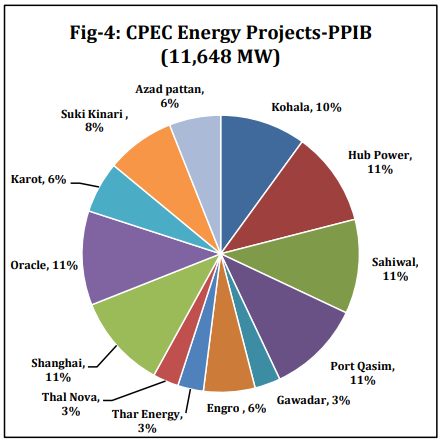INP-WealthPk
Ayesha Saba
The government should chalk out effective strategies for provision of cheap electricity to promote industrialisation and economic growth in Pakistan, reports WealthPK.
Provision of cheap and affordable electricity will not only promote industrialisation and economic activities in the country, but also help improve the living standard of the people.
“Pakistan has a significantly lower annual per capita electricity consumption than the rest of the world. Access to affordable electricity is a requirement for improving the living standard of the people and increasing the economic growth of the country,” said Dr Liaqat Ali Shah, Executive Director and head of Policy Division at the CPEC Authority, while talking to WealthPK.
He suggested that the government should take steps to reduce the country’s rising reliance on imported fuels.
“The government has made tremendous efforts to cope with the power shortages but it still needs reforms to resolve this issue. The reforms should include switching towards indigenous energy sources and speeding up the development of local coal reserves,” he added.
Dr Liaqat said that foreign direct investment under the umbrella of the China-Pakistan Economic Corridor (CPEC) was a great opportunity for Pakistan to resolve its energy crisis. He said construction of power plants under the CPEC was prioritized because electricity was also required for execution of this mega project.
“The government should also develop short, medium, and long-term energy production strategies to generate cheap electricity and meet the country’s demand for power,” Dr Liaqat said.
According to the Minister of State for Petroleum Musadik Masood Malik, the solution to power shortage lay in continuously improving the infrastructure of power, gas and oil.
According to Musadik, the CPEC projects were very important not only for the national interest and security, but also for attracting investment and increasing efficiency in the energy industry. However, he said there was a lot more to be done.
According to the Economic Survey of Pakistan, 13 power generation projects of 11,648MW are being advanced by the Private Power and Infrastructure Board under the CPEC. These include four hydropower projects of 3,428MW, five Thar coal-based projects of 3,960MW, four imported coal-based projects of 4,260MW and a 660kV high-voltage direct current (HVDC) transmission line project.
Out of these, three imported coal-based power projects of 3,960 megawatt and one Thar coal-based power project of 660 megawatt have been commissioned, while 660kV Matiari-Lahore HVDC transmission line project has also started operations on a commercial basis with effect from September 1, 2021.
Nine other IPPs producing 7,028MWs including four hydro IPPs of 3,428 megawatts, four Thar coal-based IPPs of 3,300 megawatts and one imported coal-based IPP of 300 megawatts are also at different stages of processing.

Source: Pakistan Economic Survey 2021-22
By expanding the system's generation and transmission capacity, Pakistan has successfully addressed its energy crisis, which has an effect on all sectors of the economy. The energy sector is now dealing with a variety of other problems, such as improving the energy mix to deliver energy at a low cost and resolving challenges straining the national budget.
Independent News Pakistan-Wealthpk




